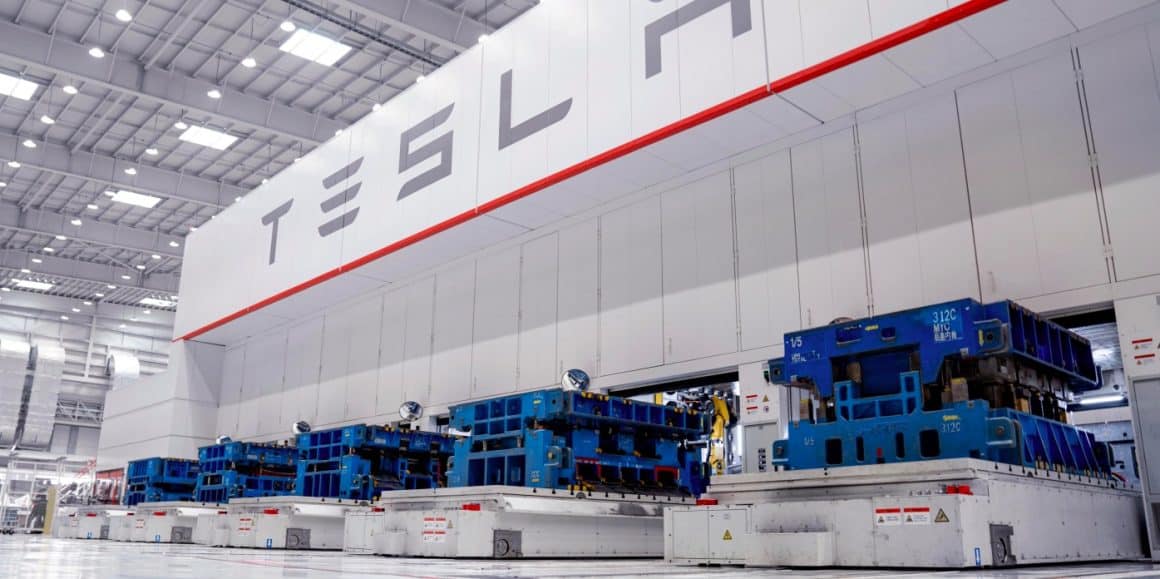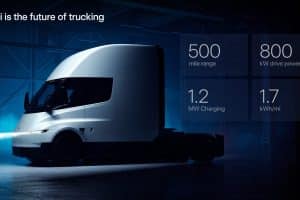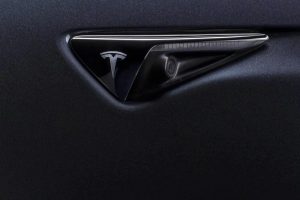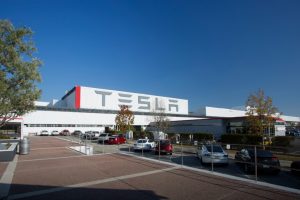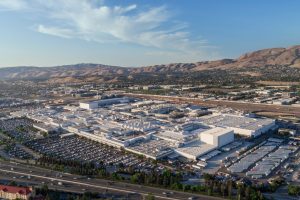Ford’s Project T3 – its next-generation pickup truck – is set to be produced at the BlueOval City mega-campus in West Tennessee in 2025, the company announced today.
“BlueOval City is the blueprint for Ford’s electric future around the world,” Bill Ford, the company’s executive chair, said. “We will build revolutionary electric vehicles at an advanced manufacturing site that works in harmony with the planet, aligning business growth and innovation with environmental progress.”
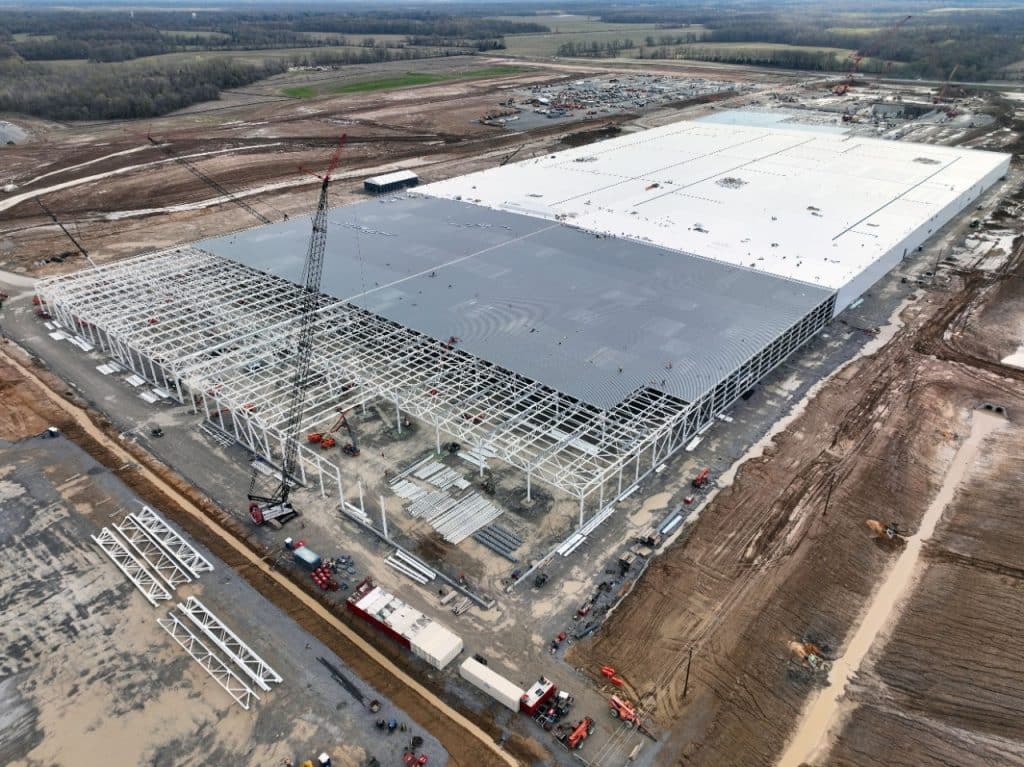
Project T3 is the next revolutionary EV that Ford plans to build. The new pickup “is a once-in-a-lifetime opportunity to revolutionize America’s truck,” Jim Farley, CEO, said.
Ford has offered a new electric truck by electrifying its F-150, America’s favorite truck for the last few decades. The F-150 Lightning has been one of the premiere EV trucks in the country, along with the Rivian R1T.
However, Ford plans to bring additional competition to the market by combining a century of experience with its newfound expertise in EVs to bring a highly competitive offering that should be among the best on the market.
Farley said, “We are melding 100 years of Ford truck know-how with world-class electric vehicle, software, and aerodynamics talent. It will be a platform for endless innovation and capability.”
In February, Farley said during Ford’s earnings call that the company was “deep in the development” of second-generation EVs, including a “next-generation electric full-size pickup.”
T3 is short for “Trust the Truck,” which the development team made its rallying cry. Ultimately, Ford wants to build a truck that can be trusted in the digital age, one that can be updated and improved overnight with a quick software download. It also needs to be applicable to a variety of activities, like hauling and towing, but it also needs to have exportable power to act as a battery storage system, and it needs to be innovative.
The truck will be built at BlueOval City, where it will be produced in volumes of 500,000 per year.
Ford and SK On, its battery production partner, are investing $5.6 billion in the campus, and it will bring 6,000 new jobs to the region.

